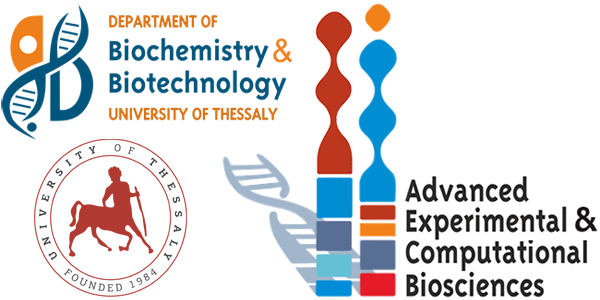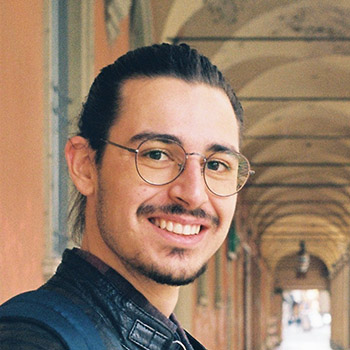Going through Advanced Experimental and Computational Biosciences is a long journey that pays off in the end. Having graduated from the Department of Biochemistry and Biotechnology, biological research was a field close to my studies and personal interests. However, I was uncertain about doing research at a PhD level. AEC is a demanding full-time program that can inspire the candidate to follow a research career by making it part of his/her everyday life. Through this process, I familiarized myself with different fields of biological research, became more self-acting and independent, explored my limits, and built new collaborations.
During the first year, weekly presentations got me involved in studying the current literature from different fields of biological research, advanced my already existing knowledge, and helped me highlight the current research trends. Additionally, being introduced to a variety of different scientific subjects assisted to follow the one that intrigued me the most. The limited time provided to prepare each presentation helped me run through the literature more efficiently, while I got trained in taking decisions and being more self-acting. The practical involvement in experimental projects is also highly present, with two laboratory rotations of two months each. During this, I had the chance to practice both my laboratory and computational skills while I was also introduced to new collaborators with which I still continue to work with. Another major part of the AEC program is the one-year-long thesis, which gives the candidate the opportunity to start a project of his own. This process got me involved in a scientific project that inspired me to follow up to the PhD level while writing a research proposal on this topic was a novel experience and essential knowledge for anyone intending to follow a research career. Currently, I’m in the first PhD year working on a field of my interest with the confidence that AEC provided me with the motivation, skills, and mindset to reach that peak.

